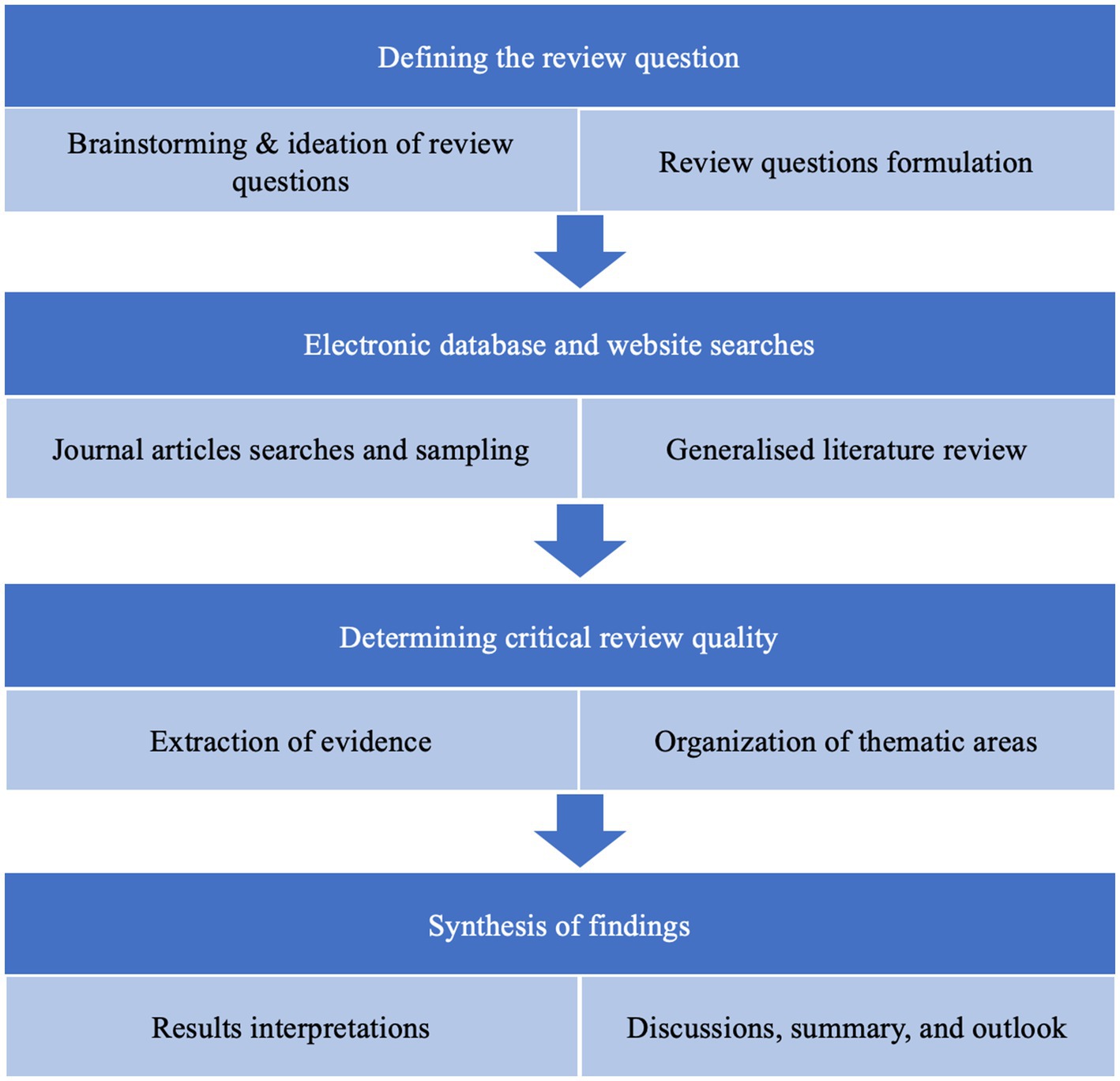Report on the MES & Industry 4.0 International Summit 2025
Event Overview
On June 25, 2025, Critical Manufacturing successfully concluded the MES & Industry 4.0 International Summit at Porto’s Alfândega Congress Center, Portugal. The summit attracted over 600 registered guests from 36 countries and 15 industry sectors. Over two days, participants engaged in discussions on the future of manufacturing, digital transformation challenges, and shared experiences.
Focus on Sustainable Development Goals (SDGs)
The summit emphasized the alignment of digital transformation in manufacturing with several Sustainable Development Goals, including:
- SDG 9: Industry, Innovation, and Infrastructure – through the promotion of advanced manufacturing technologies and Industry 4.0 solutions.
- SDG 12: Responsible Consumption and Production – by enabling efficient, adaptive, and optimized manufacturing processes.
- SDG 8: Decent Work and Economic Growth – by fostering innovation and collaboration that drive sustainable industrial growth.
Program Highlights
- Expert Talks and Keynotes: Over 50 speakers presented on topics such as global MES scaling, compliance in regulated industries, and AI’s expanding role in manufacturing operations.
- Technology Sessions and Product Demonstrations: Showcased innovations supporting smart and thinking factories powered by AI-driven software systems.
- Roundtables and Interactive Workshops: Facilitated knowledge exchange on real-world challenges and solutions in digital transformation.
Keynote Insights
- Walker Reynolds, President and Solutions Architect at 4.0 Solutions: Highlighted the necessity of unified data strategies and modern architectures to transition fragmented systems into scalable operations. Emphasized the critical role of MES in digital transformation and AI integration.
- Dr. Thomas Kaufmann, EVP & COO of Infineon’s Automotive Division: Discussed building resilient supply chains and software-defined manufacturing, underscoring collaboration as essential to advancing Industry 4.0.
Collaboration and Industry Impact
Collaboration was a central theme throughout the summit, reflecting the spirit of SDG 17 (Partnerships for the Goals). The event featured:
- Partner Awards recognizing contributions to digital transformation efforts.
- Discussions on the convergence of AI, MES, and cloud platforms to enable intelligent, flexible, and resilient manufacturing operations.
- Practical AI applications including adaptive scheduling, predictive maintenance, and cross-site optimization.
Participant Feedback
Francisco Almada Lobo, CEO and co-founder of Critical Manufacturing, noted the openness and depth of conversations, emphasizing the transition from vision to actionable solutions. Hugo Rego, Senior Manager at Red Hat, highlighted the importance of partnerships in translating technology into practical applications.
Sponsors and Supporters
The summit was supported by key sponsors who contributed expertise and solutions, including:
- Red Hat
- RoviSys
- Athena Technology Solutions
- L&T Technology Services
- Tata Consultancy Services
- HCLTech
- Regenesia
- FrontWell Solutions
- SCAL
Future Outlook
The next MESI 4.0 Summit is scheduled for May 20–21, 2027. The event will continue to serve as a platform for advancing smarter, more adaptive manufacturing aligned with sustainable development principles.
About Critical Manufacturing
Critical Manufacturing, a Gartner Magic Quadrant leader and ASMPT subsidiary, delivers a modern, flexible Manufacturing Execution System (MES) that supports compliance, quality, and operational intelligence. Their solutions enable manufacturers to be Industry 4.0 ready, fostering sustainable industrial growth and innovation.
About ASMPT
ASMPT is a global supplier of hardware and software solutions for semiconductor and electronics manufacturing. With a strong focus on R&D, ASMPT provides cost-effective, industry-shaping solutions that enhance productivity, reliability, and quality, contributing to sustainable industrial development worldwide.
1. Sustainable Development Goals (SDGs) Addressed or Connected
- SDG 9: Industry, Innovation and Infrastructure
- The article focuses on digital transformation in manufacturing, Industry 4.0, and MES (Manufacturing Execution Systems), which directly relate to building resilient infrastructure, promoting inclusive and sustainable industrialization, and fostering innovation.
- SDG 8: Decent Work and Economic Growth
- By discussing advancements in manufacturing processes, AI integration, and supply chain resilience, the article touches on promoting sustained, inclusive economic growth and productive employment.
- SDG 12: Responsible Consumption and Production
- The emphasis on clean data flow, real-time analytics, and optimization in manufacturing processes implies efforts toward sustainable production patterns.
- SDG 17: Partnerships for the Goals
- The article highlights the importance of collaboration and partnerships among industry players, technology providers, and stakeholders to achieve digital transformation goals.
2. Specific Targets Under Those SDGs Identified
- SDG 9 Targets
- Target 9.2: Promote inclusive and sustainable industrialization and, by 2030, significantly raise industry’s share of employment and gross domestic product.
- Target 9.5: Enhance scientific research, upgrade the technological capabilities of industrial sectors, including digital transformation and innovation.
- SDG 8 Targets
- Target 8.2: Achieve higher levels of economic productivity through diversification, technological upgrading and innovation.
- SDG 12 Targets
- Target 12.2: By 2030, achieve the sustainable management and efficient use of natural resources, implied through optimization and AI-driven manufacturing processes.
- SDG 17 Targets
- Target 17.16: Enhance the global partnership for sustainable development, complemented by multi-stakeholder partnerships.
3. Indicators Mentioned or Implied to Measure Progress
- For SDG 9
- Indicator 9.2.1: Manufacturing value added as a proportion of GDP and per capita.
- Indicator 9.5.1: Research and development expenditure as a proportion of GDP.
- Implied measurement through adoption rates and effectiveness of MES and Industry 4.0 technologies in manufacturing operations.
- For SDG 8
- Indicator 8.2.1: Annual growth rate of real GDP per employed person.
- Implied measurement through productivity improvements enabled by AI and digital transformation in manufacturing.
- For SDG 12
- Indicator 12.2.1: Material footprint, material footprint per capita, and material footprint per GDP.
- Implied measurement through efficiency gains and waste reduction via AI-driven optimization and real-time analytics.
- For SDG 17
- Indicator 17.16.1: Number of countries reporting progress in multi-stakeholder development effectiveness monitoring frameworks.
- Implied measurement through the number and impact of partnerships and collaborations in digital manufacturing ecosystems.
4. Table of SDGs, Targets and Indicators
| SDGs | Targets | Indicators |
|---|---|---|
| SDG 9: Industry, Innovation and Infrastructure |
|
|
| SDG 8: Decent Work and Economic Growth |
|
|
| SDG 12: Responsible Consumption and Production |
|
|
| SDG 17: Partnerships for the Goals |
|
|
Source: automation.com







